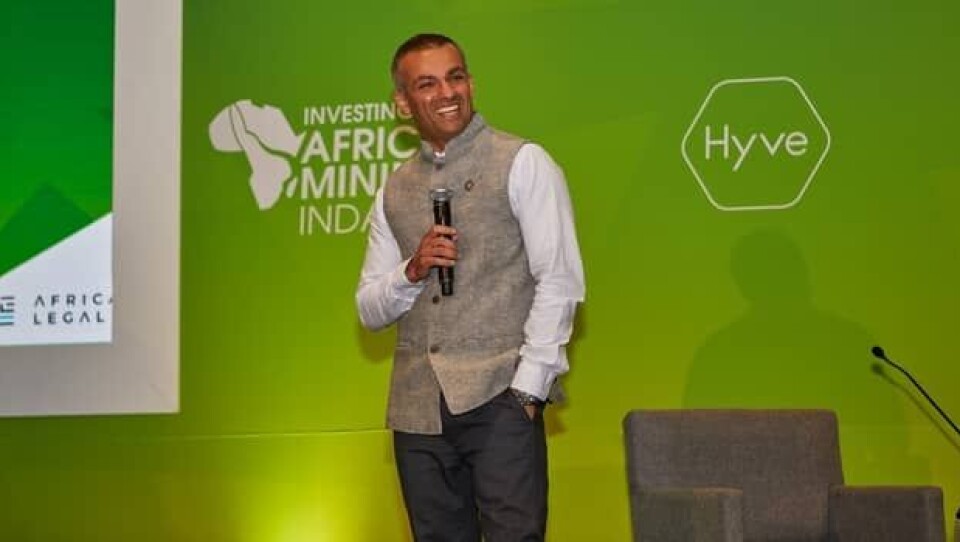Copyright : Re-publication of this article is authorised only in the following circumstances; the writer and Africa Legal are both recognised as the author and the website address www.africa-legal.com and original article link are back linked. Re-publication without both must be preauthorised by contacting editor@africa-legal.com
Airports, Knees and Biscuits

Mining companies have a complicated relationship with local communities, and often there’s a great deal of mistrust on both sides. Rohitesh Dhawan uses airports, knees and biscuits to explain the situation and the in-house counsel’s role, writes Sheena Carnie.
According to a 2020 report by the World Economic Forum, mining companies have acknowledged, for the second year running, that their single biggest risk is the trust deficit with local communities. Rohitesh Dhawan, President and CEO of the International Council on Mining and Metals (ICMM), was the keynote speaker at the GC Forum at the 2022 Mining Indaba and shared some ideas for addressing this.
In his inimitable, self-deprecating style, he equated some communities’ feelings towards mining companies to those of travellers towards the customs officers at airports, where previous experiences may have created an atmosphere of distrust. In the same way, “you can have a situation of mining companies doing the right thing and still being mistrusted,” Dhawan said. “The result is that we as the industry feel aggrieved, saying, ‘But what more can we possibly do to build trust?’”
Similarly, mining companies that have had difficult experiences with communities may think every community will be unreasonable to work with. “Building trust means recognising the baggage that everyone carries to the table,” he emphasised.
Although Dhawan doesn’t have a clear answer for what the role of GC is in this situation, one recommendation he makes is to consider the effect their presence has on others in the room. “There’s nothing that quite threatens someone who is already feeling powerless than sitting across the table from a lawyer,” Dhawan commented.
How do knees come into this equation? Dhawan explained that in many ways mining companies fall into three categories – much like the doctors he consulted when he was facing potential knee surgery. One lot is legal and responsible (like a good doctor who won’t do surgery if it’s not necessary); the next lot are legal but irresponsible (like a doctor who may push for surgery to make a quick buck); and the final group is illegal (like doctors who are quacks and may well remove a kidney instead of fixing the knee).
“The result is that when you sit across the table from a mining corporation you don’t know who you’re dealing with.”
ICMM members are required to be ultra responsible in their mining, but Dhawan noted that even socially responsible mining firms are tainted by association with the other two groups and thus communities don’t trust the whole industry.
“I strongly believe that the way to fix that is to get to a single global, unequivocal standard of responsible mining,” he declared. Dhawan believes that only when such a standard exists and is universally enforceable through legal and non-legal means will we “get to a position where everybody can be comfortable that they’re dealing with a mining company that will maintain certain standards”. ICMM is pushing strongly for such a situation.
And what of biscuits? Dhawan confessed that biscuits are his weakness, but because he has little willpower in that department and too many of them are not good for his physique, he needs his wife’s help in controlling his consumption. In the same way, earning the trust of communities is the mining companies’ problem, but they cannot fix it alone, he said.
Dhawan emphasised that the mining industry needs the government to be much better functioning especially in terms of service delivery, and more obviously supportive of the industry, if they want to build trust in the community. “There are limits to how much the industry can do without a functioning, capable, explicitly supportive government,” he concluded.
To join Africa Legal's mailing list please click here
